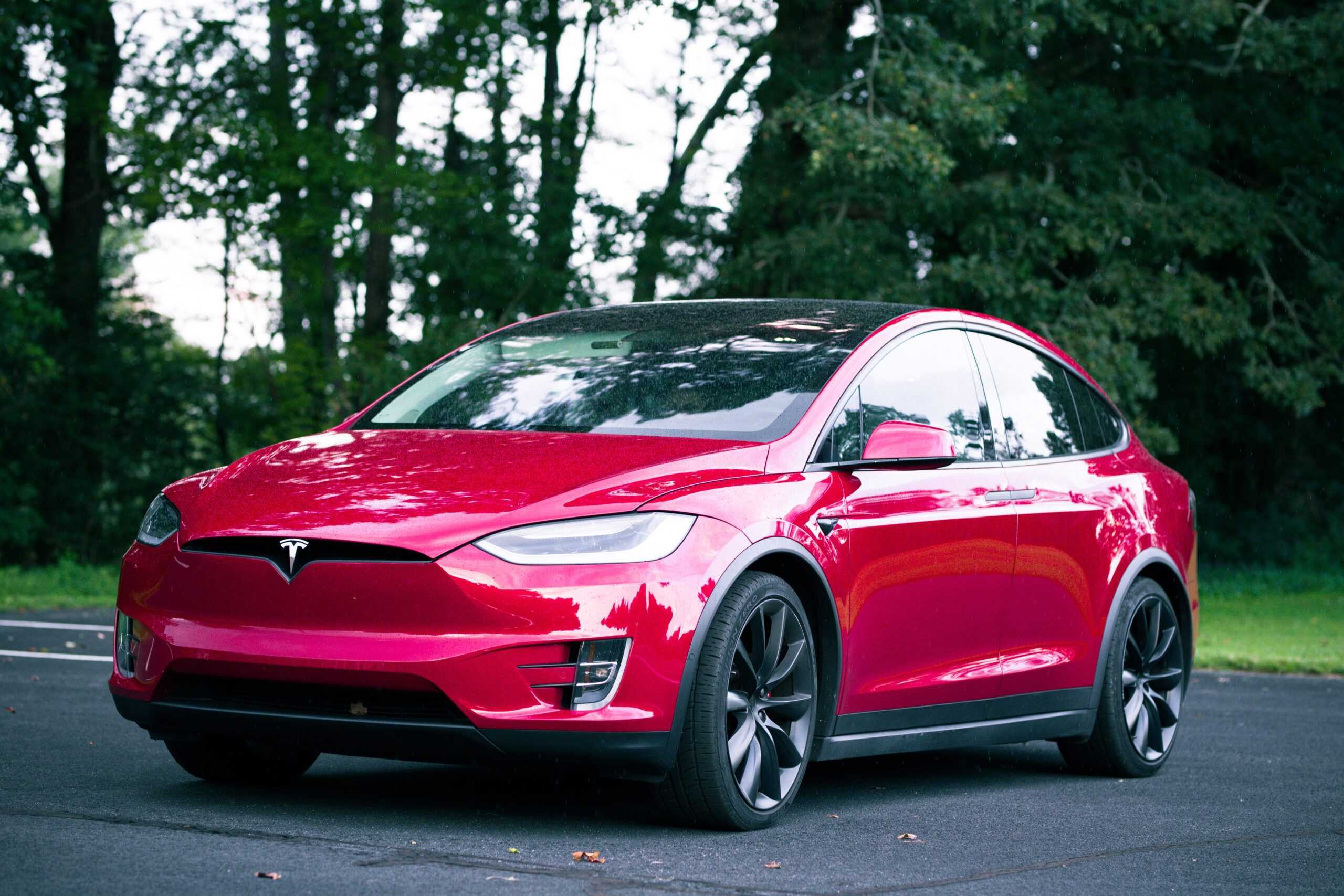
Indian government’s proposal to cut import duties on electric vehicles (EVs) is widely seen as an attempt to attract foreign EV makers such as Tesla. Currently, India imposes a 100% import duty on EVs priced above $40,000, and a 70% import duty on EVs priced below $40,000. The proposed policy would reduce these import duties to a range of 15-30%, specifically for EVs priced between $25,000 and $35,000.
The Indian government is eager to attract foreign EV makers, such as Tesla, to India in order to boost the country’s EV industry and reduce its reliance on fossil fuels. India has set an ambitious target of achieving 30% electric vehicle penetration by 2030.
In addition to attracting foreign EV makers, the proposed import duty cut is also expected to benefit Indian consumers by making EVs more affordable. This could lead to a surge in EV sales in India, which would have a positive impact on the environment and the Indian economy.
However, some Indian domestic EV manufacturers have expressed concerns that the proposed import duty cut would put them at a disadvantage against foreign EV makers. They argue that the government should focus on supporting the Indian EV industry through other measures, such as subsidies and tax breaks.
Overall, the Indian government’s proposed import duty cut on EVs is a significant step towards boosting the country’s EV industry and attracting foreign EV makers. However, it remains to be seen whether the policy will be successful in achieving its goals.
Iconic British sports car manufacturer Lotus is set to launch its high-performance electric SUV, Eletre, in India in early 2024. Priced at INR 1.0 crore (US$125,000), the Eletre offers 905 horsepower, rapid acceleration, and advanced LiDAR technology.
Bringing you the latest updates on finance, economies, stocks, bonds, and more. Stay informed with timely insights.
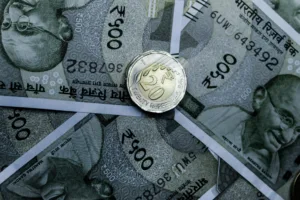



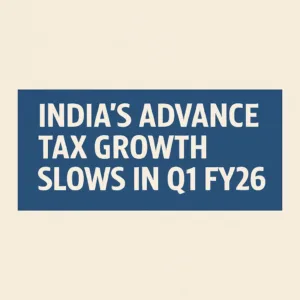
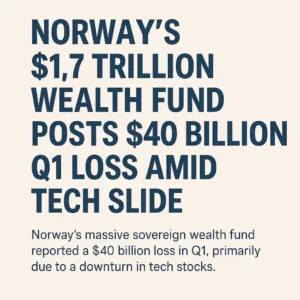
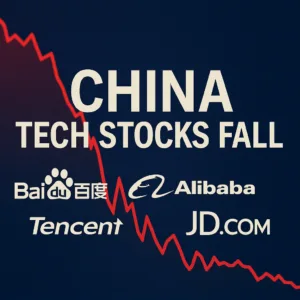


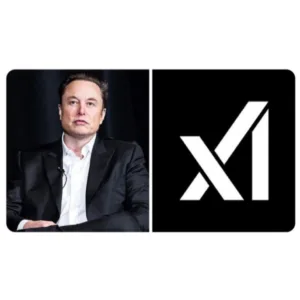
Be First to Comment